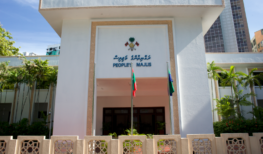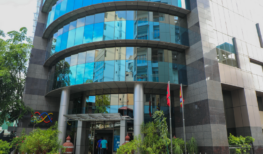Havaru Thinadhoo Depopulation – Part 1: The Beginning of the Uprising
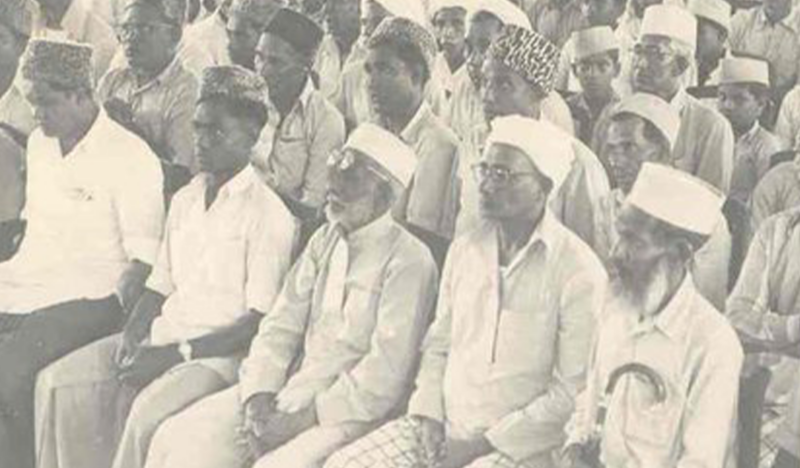
“The state regrets the loss of innocent civilian lives, and will take great care in the future to prevent actions carried out by the state to enforce violence against its own citizens,” former President Nasheed said in 2011, apologizing for the atrocities committed against people of GDh. Thinadhoo.

The genocide of Thinadhoo is not taught in our schools. It’s doubtful that many younger generations know the details of this story. Many even debate whether it was genocide, or the government taking control of a rogue administration.

United Suvadive Republic was a short-lived state between 1958 and 1963. The government was comprised of three Southern Atolls: Addu, Huvadhoo, and Fuvamulah.

The breakaway republic resulted from the central Male’ government’s indifference and negligence towards the southern atolls. The central authorities in Malé had deprived them of education, fundamental needs, and infrastructure.

Negotiations began between the British and Prime Minister Amir Ibrahim Faamuladeyri Kilegefaanu to lease Gan Island for a period of 100 years. However, Ibrahim Nasir and Sheikh Ibrahim Rushdee declined to let the British establish the base in Gan, adding fuel to the fire.

Southern Atoll wanted to continue the lease with the British as the British provided healthcare and infrastructure, which the central authorities in Malé did not provide. Additionally, a lack of communication, unfair tax implementations, and trade restrictions delayed the economy in the Southern Atoll.

Many southerners were discontent with the unfair tax implementations. Maldivian diplomats stationed in Colombo managed to monitor and control the movements of the Southern merchants. The control over trade made it easier for the central authorities to enforce taxes, such as vaaru (poll tax) and the varuvaa (land tax) on the South.
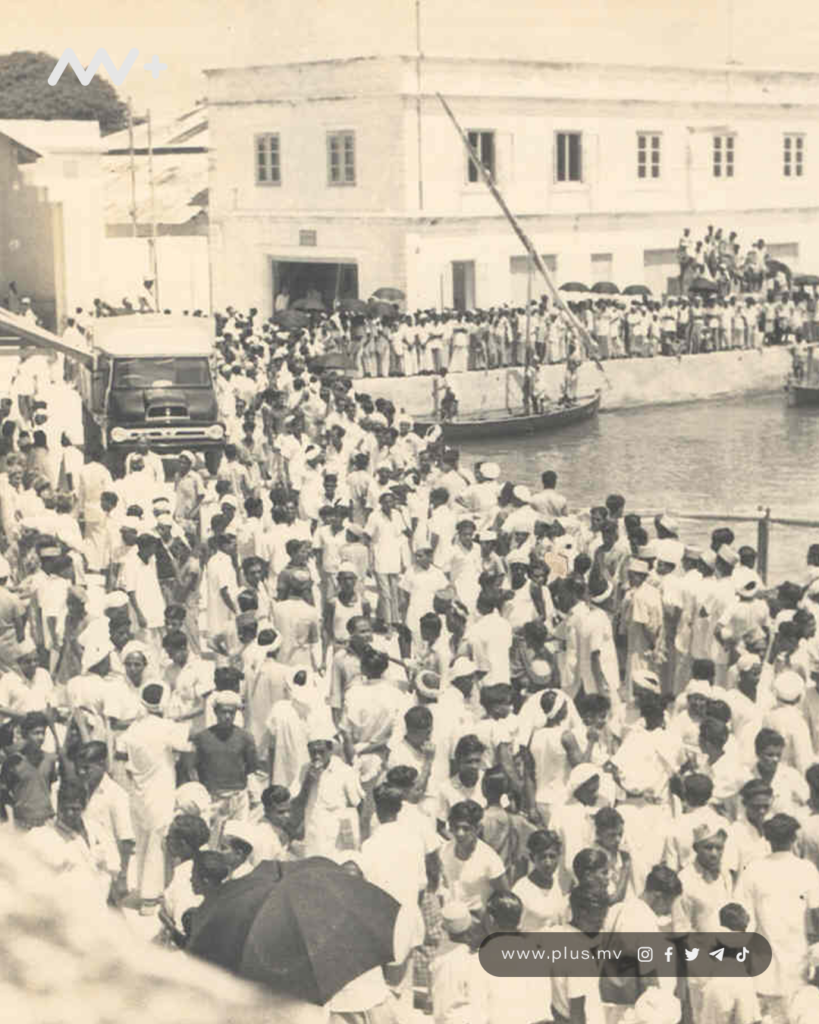
On 30th December 1958, the Government ordered Maldivian laborers to stop working for the British. The central authorities sent Mr. Ahmed Zaki, the Maldivian Government Representative of Ceylon, who arrived in Addu Atoll to share the directive from the Government. When the letters were read to the people, it lead to violent demonstrations.
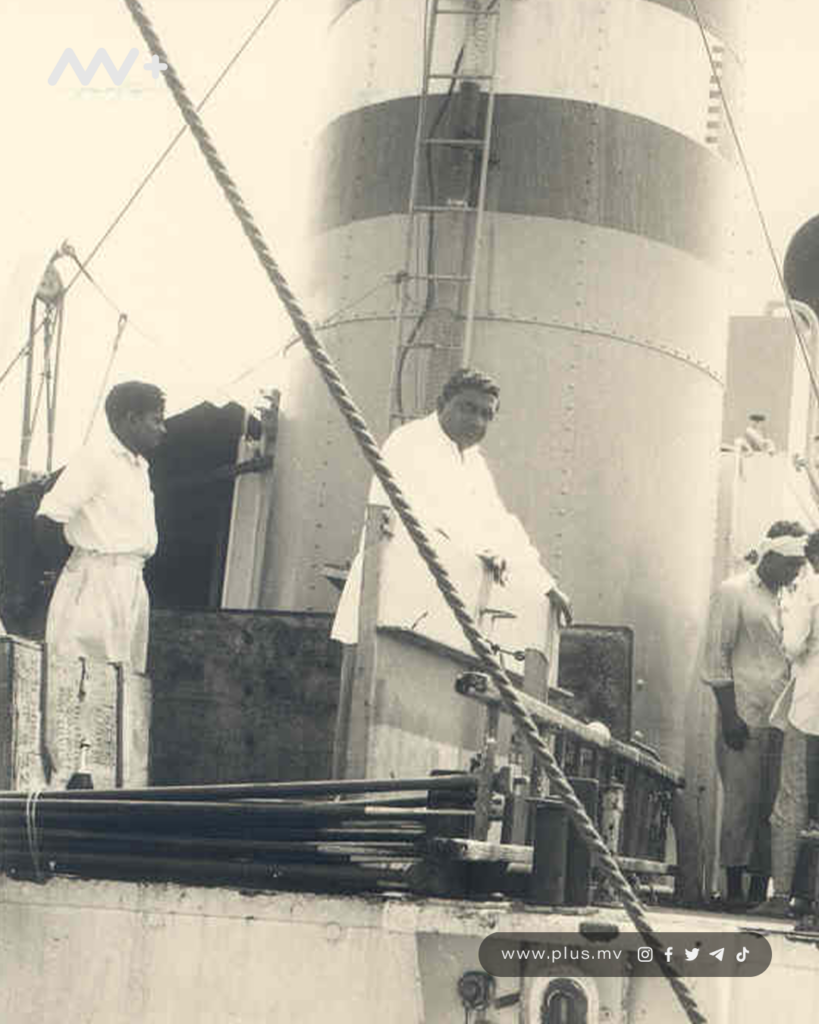
The locals set the government office on fire and set off to find Ahmed Zaki, who was given refuge in the British barracks.
During the demonstrations, it was noted that some of the British officers watched while the office premises were set on fire. They did not make any attempt to stop the demonstrations.
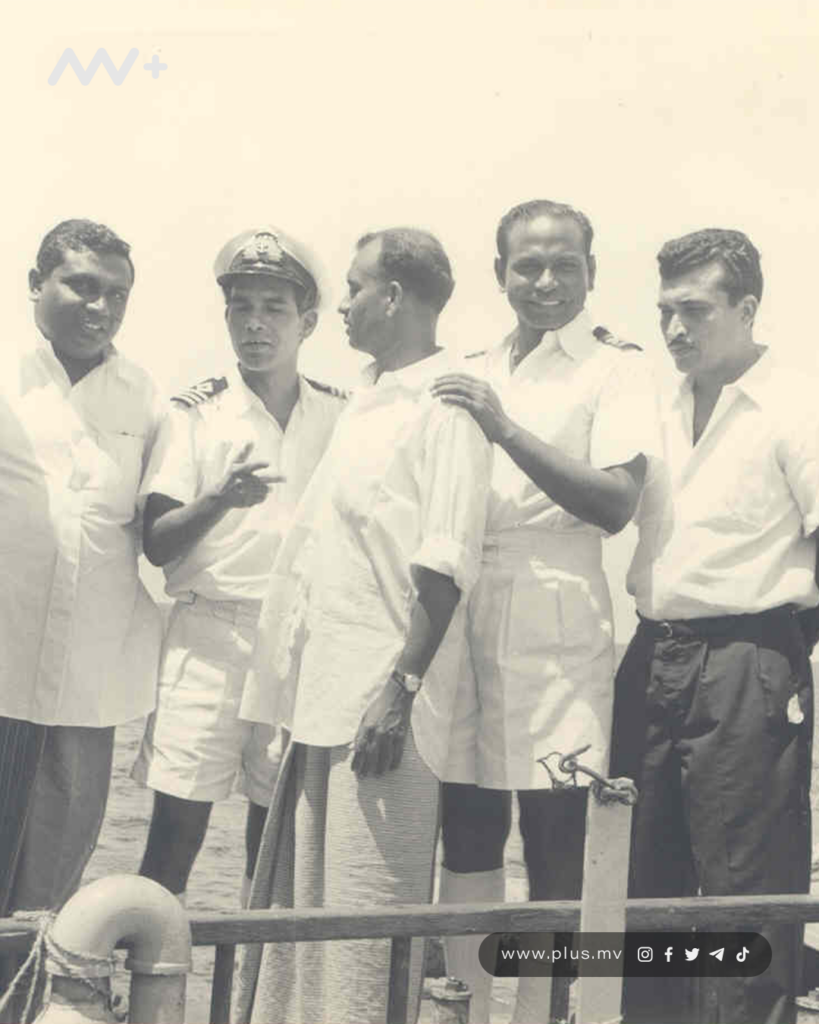
The following year, leaders of Addu sent delegates to neighbouring atolls to persuade them to join the new secessionist government. In February, Fuvamulah and Huvadhoo joined the rebellion. After the three atolls joined together, United Suvadive Republic was formed.
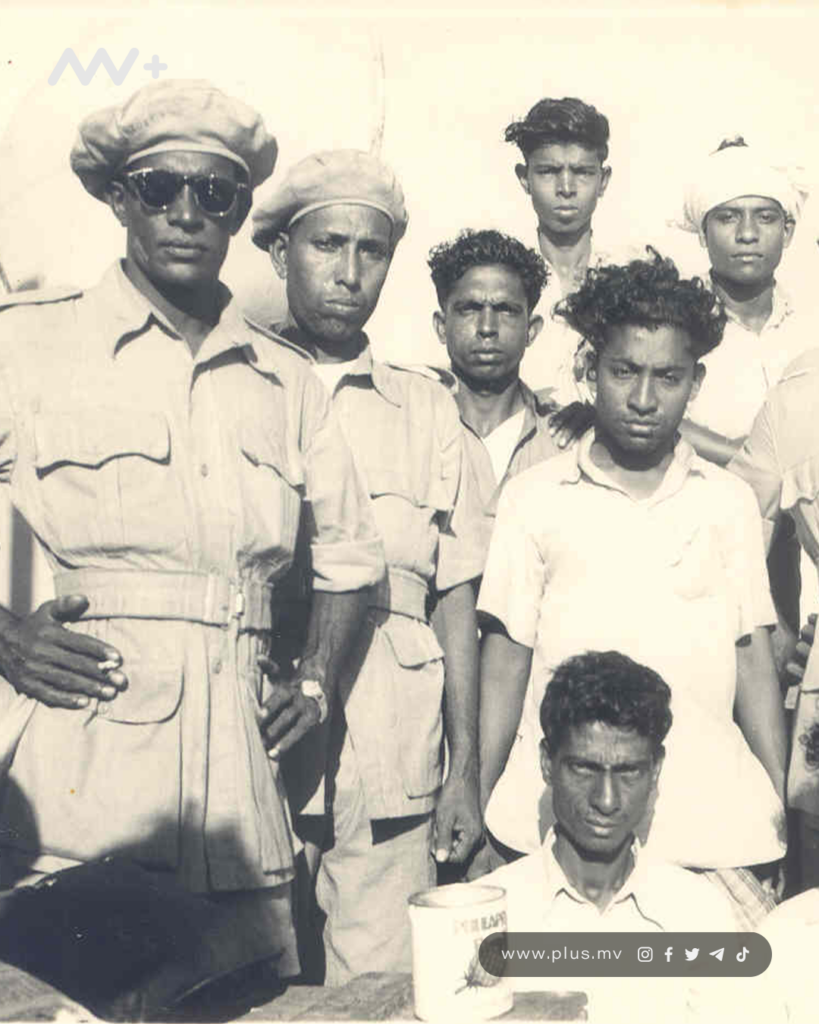
#KnowYourRoots




